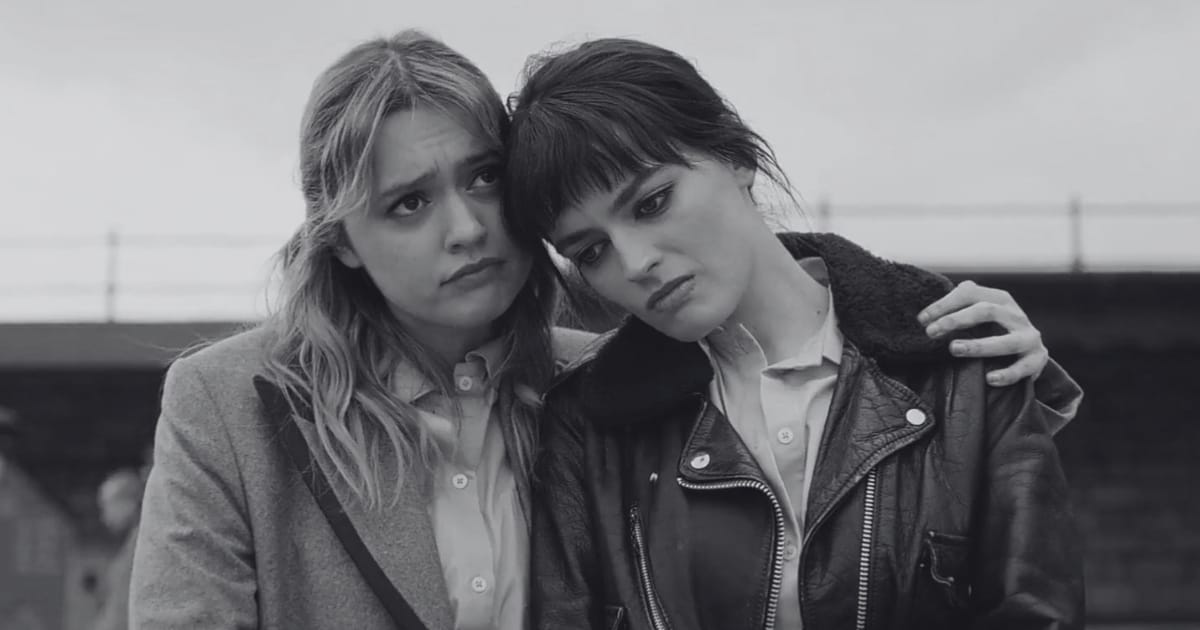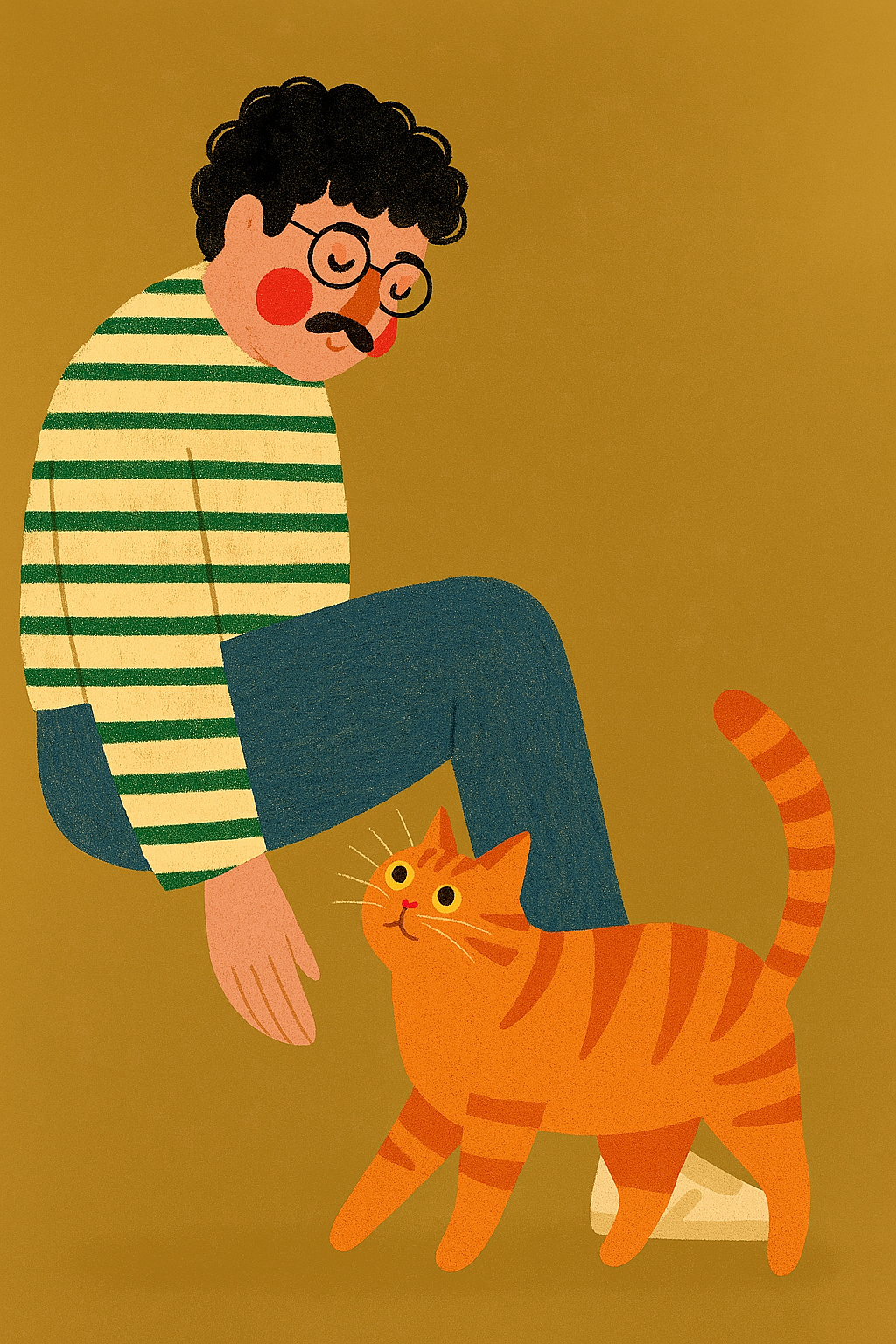Back in the day, trauma on TV came with a warning. Literally: “Tonight, on a Very Special Episode…” It was telegraphed, dramatized, and (usually) cleaned up by the final commercial break. There were piano strings. Maybe a PSA. Then we all moved on.
But if millennial TV made trauma a teachable moment, Gen Z’s stories treat it more like… background noise. It’s everywhere. But no one’s looking directly at it.
Old school trauma had structure. Someone was abused, assaulted, addicted. There were plotlines, interventions, speeches. Something got resolved, even if it was messy.
Gen Z trauma is ambient. People are just… already depressed. Already grieving. Already addicted. There’s no lead-up and no payoff. It’s just there—buzzing quietly in the background, like a panic attack with an aesthetic.
What are the kids watching? Let’s break it down.
“You’re watching the fire and you’re thinking, ‘If I don’t do anything, this place will be down and all my anxiety will go away with it.’”
Euphoria
Everyone is broken, high, haunted, and backlit in purple. We live inside Rue’s PTSD, addiction, and grief. But there’s almost no hope. No tools. No path forward. It's stunning to look at—but emotionally suffocating. We’re not watching her heal. We’re watching her spiral. In slow motion. To music. And Zendaya deserves an Emmy every season, but at what emotional cost?
The Bear
It’s a restaurant drama, but also: grief, anxiety, generational trauma, addiction, suicide, and food as control. It feels modern because it’s emotionally intelligent—but it’s also masculine-coded therapy. The men scream, cry, and try again. The women? Mostly absorb impact and keep moving. We’re healing, but we’re doing it quietly, covered in marinara.
Sex Education
Honestly? One of the best Gen Z shows about trauma. It gives sexual assault survivors actual agency. It talks about gender, consent, anxiety, queerness, and complicated family dynamics without flattening them into tropes. And most importantly—it lets characters grow. Change. Be funny and messy. (Justice for Maeve’s pain. She carried this show like it was a girlhood-shaped trauma backpack.)
'You know in rom-coms, when the guy finally realises he's in love with the girl, and he turns up with a boom box outside her house, blasting her favourite song, and everyone in the audience swoons? Yeah, that makes me sick.'
Wednesday
Deadpan trauma with cute boots. Yes, she’s emotionally detached. Yes, there’s a boarding school full of monsters. But underneath the Tim Burton filter is some very real loneliness, abandonment, and generational baggage. What makes it Gen Z? She never once tries to “fix” herself.
Here’s the twist: a lot of these shows don’t ignore trauma—they just assume it. Is numb the new normal? Mental illness, abuse, disordered eating, gender dysphoria, pandemic grief, climate anxiety—they’re baked in. Part of the character bios. No “incident,” no flashback, just vibe-level damage. But that creates a new issue: the trauma saturation effect.
When everyone is suffering all the time, no one gets room to process it. It’s normalised. Backgrounded. And when healing isn’t even on the table, it starts to feel like pain is just the default setting of being alive.
Is this better? That depends on who you ask.
More accurate? Yeah. Gen Z inherited a crumbling world. They’re not wrong to be overwhelmed.
More compassionate? Sometimes. There’s less stigma around mental health, more openness around queerness, race and neurodivergence.
More helpful? That’s the tricky part. Because when trauma isn’t named, it can’t be faced. And when there’s no path out, the message becomes: this is just life. Deal with it.
And that’s not art. That’s resignation.
Give us mess. Give us realism. But also—give us movement. Let Rue want recovery. Let Wednesday feel something and not flinch. Let grief exist without being the aesthetic. Let healing be hard, but possible. Because if Gen Z is the generation that talks about mental health, they deserve stories that don’t just mirror their trauma, but show what surviving it can actually look like.

